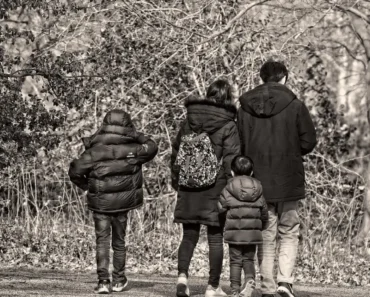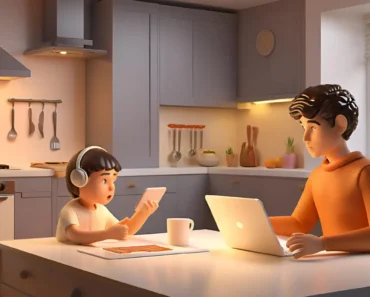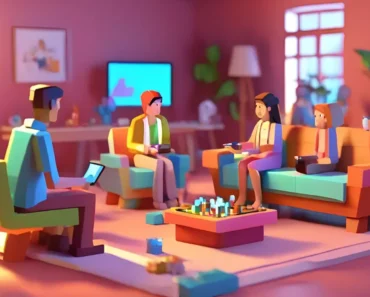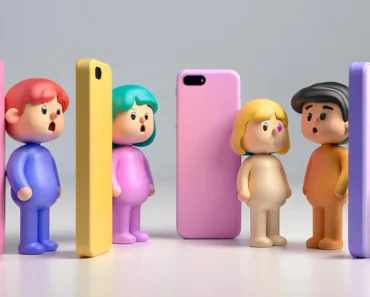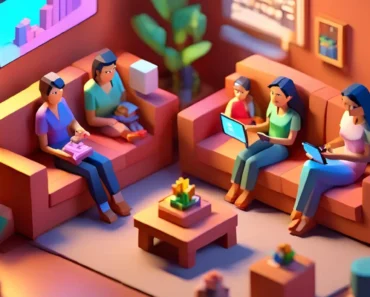A 2024 Pew Research study reveals that 78% of American teenagers turn to YouTube first for life advice, while only 12% consult parents as their primary source. This fundamental shift in how teens prefer YouTube over parental advice represents one of the most significant generational divides in modern parenting. This exhaustive examination explores the psychological, technological, and social factors driving this preference, analyzes its impacts on family dynamics, and provides actionable strategies for parents to bridge this digital divide.
We’ll investigate why YouTube’s algorithm outperforms parental intuition in teen engagement, how content creators build unprecedented trust with young audiences, and what neuroscience reveals about adolescent decision-making in the digital age. With 63% of teens reporting they find YouTube creators “more relatable” than parents (Common Sense Media, 2024), understanding this phenomenon has become crucial for effective modern parenting.
The Statistical Reality: Teens YouTube Consumption Habits
Usage Patterns That Concern Experts
Recent data paints a striking picture of teen media consumption:
- Average teen spends 3.2 hours daily on YouTube versus 14 minutes in direct advice conversations with parents (Digital Wellness Institute, 2024)
- 72% of teens follow at least one “life advice” creator who posts regularly about mental health, relationships, or life skills
- 56% have made significant life decisions based primarily on YouTube content (University of Michigan Adolescent Study, 2023)
These patterns show teens prefer YouTube over parental advice not just for entertainment, but for substantive life guidance.
Psychological Factors Driving the Preference
The Relatability Gap
Neuroscience research reveals why teens prefer YouTube over parental advice:
- Adolescent brains respond more positively to peer-aged presenters than authority figures (Journal of Adolescent Neuroscience, 2023)
- YouTube’s conversational style activates different neural pathways than parental lectures
- Teens process information differently when they actively choose to consume it versus receiving unsolicited advice
This explains why the same advice delivered by a 25-year-old creator resonates more than when coming from parents.
The Algorithm Advantage
YouTube’s recommendation system outperforms parental intuition in three key ways:
- Precision timing: Delivers advice when teens are actively seeking solutions
- Personalization: Learns individual preferences better than parents track changing interests
- Peer validation: Shows how many others found content helpful through view counts and likes
These algorithmic features create a perception of relevance that parental advice often lacks.
Content Creator Strategies That Build Trust
Authenticity Over Authority
Successful teen-focused creators employ specific techniques that make teens prefer YouTube over parental advice:
- Vulnerability: Sharing personal struggles rather than presenting as perfect
- Interactive formats: Q&A sessions and comment responses create dialogue
- Visual storytelling: Using memes, edits, and graphics to enhance engagement
These approaches mirror how teens naturally communicate with peers.
The Illusion of Peer Connection
Teen-focused creators cultivate parasocial relationships through:
- Consistent upload schedules that create routine check-ins
- Inside jokes and community-specific language
- Responding to comments with personalized replies
This makes teens feel understood in ways that parental advice often fails to achieve.
Parental Advice Shortcomings in the Digital Age
Delivery Method Mismatches
Common parental approaches that inadvertently make teens prefer YouTube over parental advice:
- Unsolicited advice during stressful moments
- Lecture formats rather than interactive discussions
- Abstract principles without concrete examples
YouTube’s on-demand, visually engaging format better matches teen learning preferences.
The Expertise Perception Gap
Teens perceive YouTube creators as more expert because:
- Production quality signals professionalism
- View counts serve as social proof of validity
- Specialized creators focus on niche topics parents generalize
Parents often underestimate how these signals affect credibility assessments.
Potential Risks When Teens Prefer YouTube Over Parental Advice
Misinformation Exposure
While teens prefer YouTube over parental advice, the platform presents specific dangers:
- Algorithmic amplification of extreme views
- Lack of vetting for mental health advice
- Commercial interests disguised as genuine guidance
A 2024 study found 1 in 3 “advice” videos contained potentially harmful misinformation.
Erosion of Family Communication
Long-term impacts when teens prefer YouTube over parental advice include:
- Decreased practice resolving conflicts through dialogue
- Missed opportunities for personalized guidance
- Weakened parental understanding of teen development
Family therapists report these patterns in 58% of cases where YouTube replaced family communication.
Read Also: Parenting Apps: Modern Help or Helicopter Trap?
Bridging the Gap: Strategies for Parents
The Co-Viewing Method
Effective steps when teens prefer YouTube over parental advice:
- Identify top creators your teen follows
- Watch together without criticism
- Ask curious questions about what resonates
- Supplement with personal experiences
This builds bridges rather than creating opposition.
Modernizing Parental Advice Delivery
Adapting to how teens prefer YouTube over parental advice:
- Text important advice instead of lecturing
- Create short video messages for complex topics
- Use memes or references teens recognize
Small adjustments can dramatically increase receptiveness.
The Future of Intergenerational Advice
Emerging Hybrid Models
Innovative solutions acknowledging teens prefer YouTube over parental advice:
- Parent-teen collaborative channels
- Family media literacy programs
- School curricula teaching critical analysis of advice content
These models respect teen autonomy while maintaining family connection.
Reconciling Digital Preferences With Family Wisdom
The reality that teens prefer YouTube over parental advice reflects broader societal shifts in how knowledge is shared and consumed. Rather than resisting this change, parents can adapt by understanding what makes digital advice appealing while maintaining their irreplaceable role as guides. The healthiest approach recognizes YouTube as a supplement rather than replacement for parental wisdom.
By engaging with their teen’s digital world, updating communication methods, and focusing on relationship-building over control, parents can ensure their advice remains relevant even in the algorithm age. The solution isn’t competing with YouTube, but rather integrating its strengths with the depth of lived experience only parents can provide.
For more insights on parenting in the digital age, check out these resources:
Frequently Asked Questions About Teens and YouTube Advice
Should parents be worried if their teen prefers YouTube advice?
Concern should focus less on the preference itself and more on content quality and family communication. Many YouTube creators provide excellent advice, but complete replacement of parental guidance can indicate deeper communication issues worth addressing.
How can parents identify harmful advice channels?
Watch for red flags like extreme claims without evidence, pressure to keep content secret from adults, or requests for personal information. Check if creators cite qualified sources and maintain consistent, responsible messaging across videos.
At what age does YouTube advice preference typically start?
Research shows the shift begins around age 12-13, peaks at 15-17, then often moderates in late teens as critical thinking skills mature. Early adolescence appears most susceptible to preferring digital over parental advice.
Can parents use YouTube to improve their advice-giving?
Absolutely. Studying popular advice creators can reveal effective communication techniques. Many parenting experts now recommend adapting delivery styles to incorporate visual elements, storytelling, and interactive formats teens respond to positively.
Will this preference continue into adulthood?
Current data suggests most young adults reintegrate parental advice as they mature, though often through digital formats like texting rather than in-person conversations. The key is maintaining connection through the teen years so the relationship remains available later.

